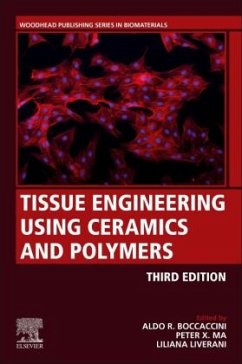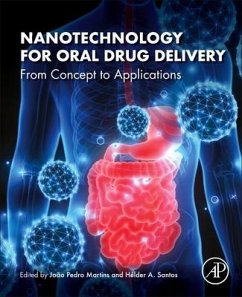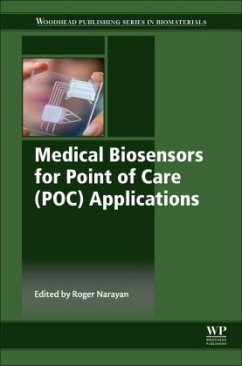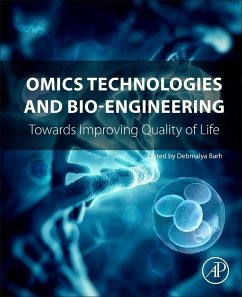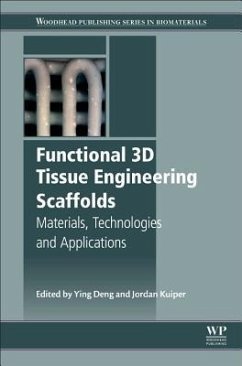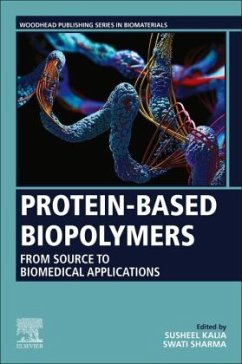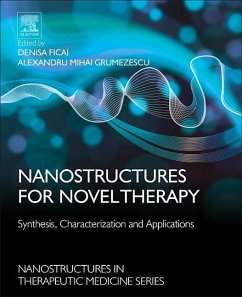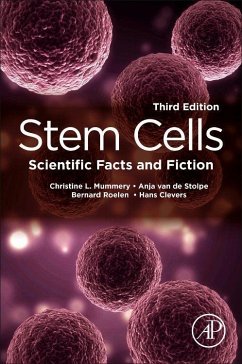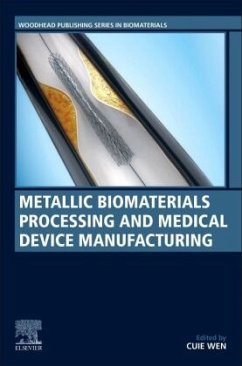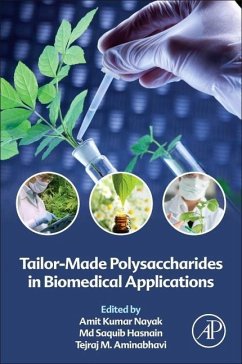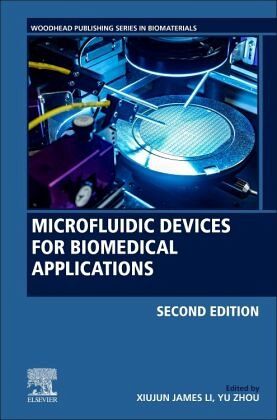
Microfluidic Devices for Biomedical Applications

PAYBACK Punkte
108 °P sammeln!
Microfluidic Devices for Biomedical Applications, Second Edition provides updated coverage on the fundamentals of microfluidics, while also exploring a wide range of medical applications. Chapters review materials and methods, microfluidic actuation mechanisms, recent research on droplet microfluidics, applications in drug discovery and controlled-delivery, including micro needles, consider applications of microfluidic devices in cellular analysis and manipulation, tissue engineering and their role in developing tissue scaffolds, and cover the applications of microfluidic devices in diagnostic...
Microfluidic Devices for Biomedical Applications, Second Edition provides updated coverage on the fundamentals of microfluidics, while also exploring a wide range of medical applications. Chapters review materials and methods, microfluidic actuation mechanisms, recent research on droplet microfluidics, applications in drug discovery and controlled-delivery, including micro needles, consider applications of microfluidic devices in cellular analysis and manipulation, tissue engineering and their role in developing tissue scaffolds, and cover the applications of microfluidic devices in diagnostic sensing, including genetic analysis, low-cost bioassays, viral detection, and radio chemical synthesis.
This book is an essential reference for medical device manufacturers, scientists and researchers concerned with microfluidics in the field of biomedical applications and life-science industries.
This book is an essential reference for medical device manufacturers, scientists and researchers concerned with microfluidics in the field of biomedical applications and life-science industries.





